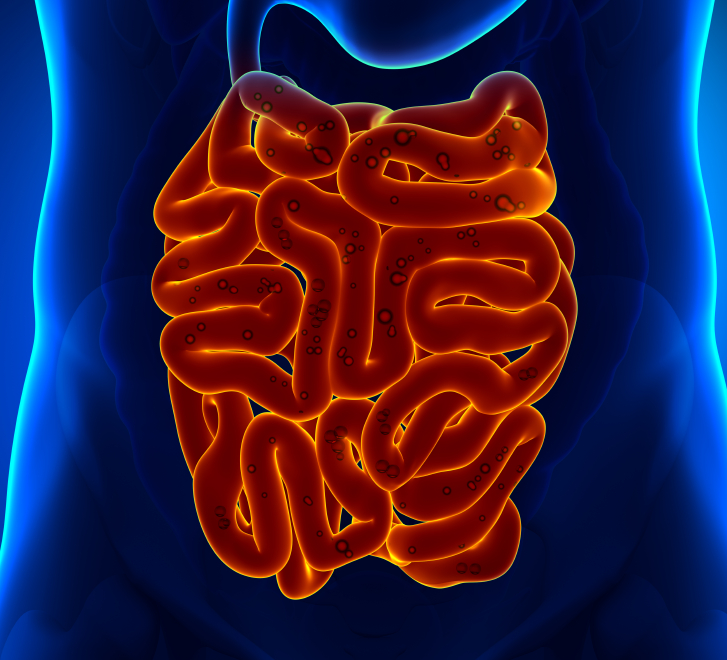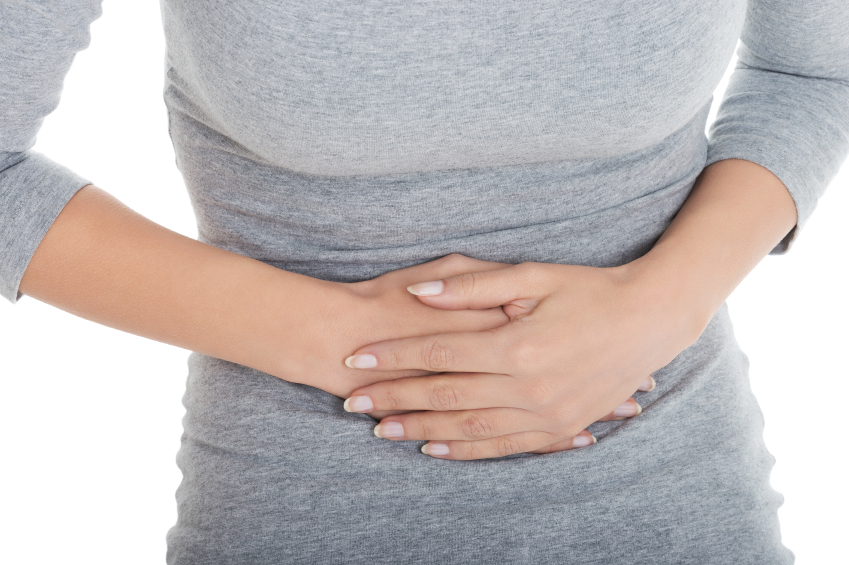Small Intestine Bacterial Overgrowth
What Is Small Intestine Bacterial Overgrowth?
Small intestine bacterial overgrowth (SIBO) is a dysfunction of the small bowel that allows bacteria to proliferate above normal levels. Unlike the colon, which should contain a lot of highly active bacteria, a healthy small intestine is not heavily colonized. Bacteria can accumulate in the small intestine if there is damage from inflammation or any obstruction that prevents food from being moved through the intestine with ease. Nerve or muscle damage, scarring, abnormalities in the intestinal lining, and certain medications can all affect the small bowel in this way. Small Intestine Bacterial Overgrowth Specialist Los Angeles

Signs and Symptoms
If you have SIBO, you may notice a number of symptoms including:
- Bloating (a feeling of uncomfortable fullness or visible distension of your abdomen)
- Stomach pain
- Excessive flatulence (passing gas)
- Excessive eructation (burping)
- Diarrhea
- Constipation
- Nausea
- Fatigue and weakness
How bacteria causes symptoms: The toxic byproducts created by bacteria can irritate the intestines, leading to the other symptoms like diarrhea. The gases produced as bacteria breaks down food lead to belching and flatulence. Advanced bacterial overgrowth can lead to unexplained weight loss and malnutrition. This may be because the bacteria is consuming the food that should be digested by the body.

Testing and Diagnosis
We diagnose SIBO using a simple, non-invasive test at our office. You will be on a special diet the day before the test and undergo a 12 hour overnight fast. You will drink a dose of liquid containing a carefully measured does of lactulose. Over a two hour period, we will take breath samples every 15 minutes (you simply exhale into a bag) so that we can measure hydrogen and methane levels. A high concentration of hydrogen or methane is suggestive that there is too much bacteria in your small intestine.
Small Intestine Bacterial Overgrowth Specialist Los Angeles
Typical Treatment
If you have SIBO, you will receive a 10-14 day course of locally acting antibiotics. These drugs target and kill the overgrowth of bacteria in the small intestine but are not absorbed in your stomach or into the rest of your body. Restoring intestinal health over time after antibiotic treatment to eliminate SIBO may mean making dietary adjustments and ensuring regular intake of probiotics (beneficial flora to repopulate the digestive tract). If digestive symptoms recur after treatment, you should see your GI doctor again to determine if SIBO has returned.
Additional Information
Small intestine bacterial overgrowth has the same general symptoms as irritable bowel syndrome (IBS). However, the treatment protocol is different with IBS requiring a longer duration of therapy. It is possible for a patient to have SIBO and IBS at the same time. Proper diagnosis and treatment is vital for restoring proper health.
Contact Dr. Berookim
Chronic symptoms shouldn’t be ignored. If you have uncomfortable or embarrassing problems with your digestive system, please call the GI Institute of Southern California at (310) 271-1122. Dr. Berookim can help you find the cause, alleviate discomfort, and restore good health.
Small Intestine Bacterial Overgrowth Specialist Los Angeles

